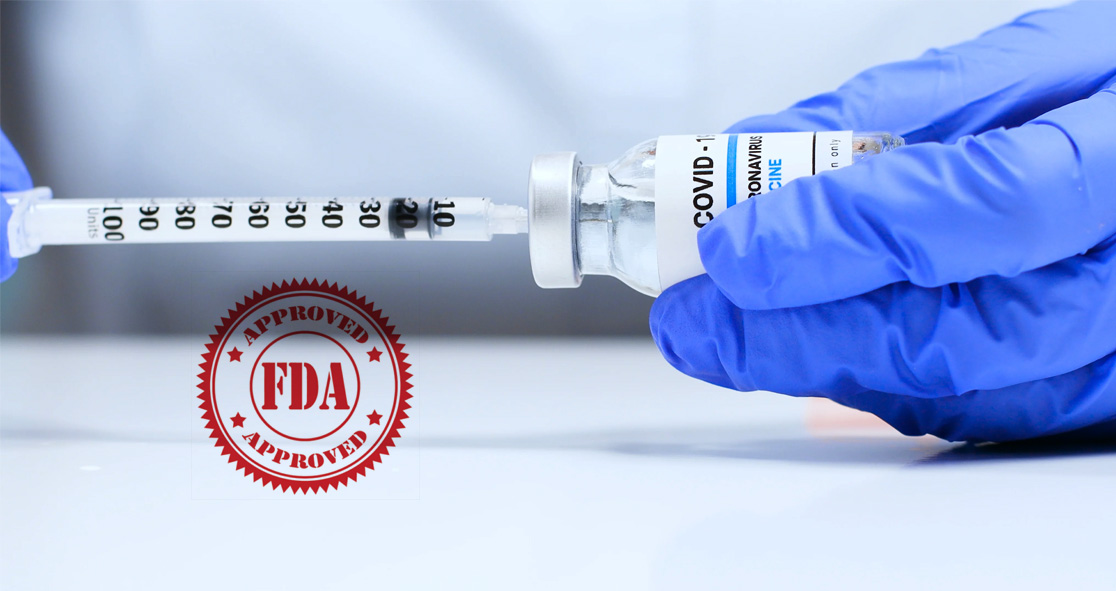A new study from the Centers for Disease Control and Prevention (CDC) has found that only a tiny fraction of the nearly 14 million COVID-19 vaccine doses administered in the United States in the first month produced a few adverse events.
From December 14, 2020, to January 13, 2021, there were 6,994 reports of adverse events after a shot of the COVID-19 vaccine, amounting to about half a percent of the 13.8 million doses doled out during that period, according to Drugs.
Dr. Amesh Adalja, Senior Scholar at the Johns Hopkins Center for Health Security in Baltimore, said, “The CDC safety data on the first 13 million-plus vaccinations substantiates the fact that the Pfizer and Moderna COVID vaccines are very safe and have a risk-benefit ratio that unequivocally favors their use.”
The study, published Friday in the CDC’s Morbidity and Mortality Weekly Report, found that headache, fatigue, and dizziness were among the most frequently reported adverse events.
Overall, there have been 640 serious adverse events reported, including 113 deaths.
Current evidence suggests that the vaccines played no part in these deaths, “which mainly occurred among people in long-term care facilities,” said lead researcher Julianne Gee, a member of the CDC’s COVID Response Team.
The CDC also found that anaphylactic cases with the vaccines were rare, amounting to 4.5 for every 1 million doses administered. There were 62 reports of anaphylaxis – 46 from the Pfizer/BioNTech vaccine and 16 from the Moderna vaccine.
The study researchers said, “The data came from the CDC’s Vaccine Adverse Event Reporting System, as well as from an active surveillance system called V-safe.”
To address the concerns related to the rapid development and testing of the COVID-19 vaccines, the federal government “has implemented the most comprehensive vaccine safety monitoring program in its history,” the report said.
The researchers said, “No unexpected patterns of reactions or other safety concerns have been identified during this early monitoring,”
“These initial findings should provide reassurance to health care providers and to vaccine recipients and promote confidence in the safety of COVID-19 vaccines,” they added. The article was published Friday on drugs.com, the largest, independent medicine information website.























